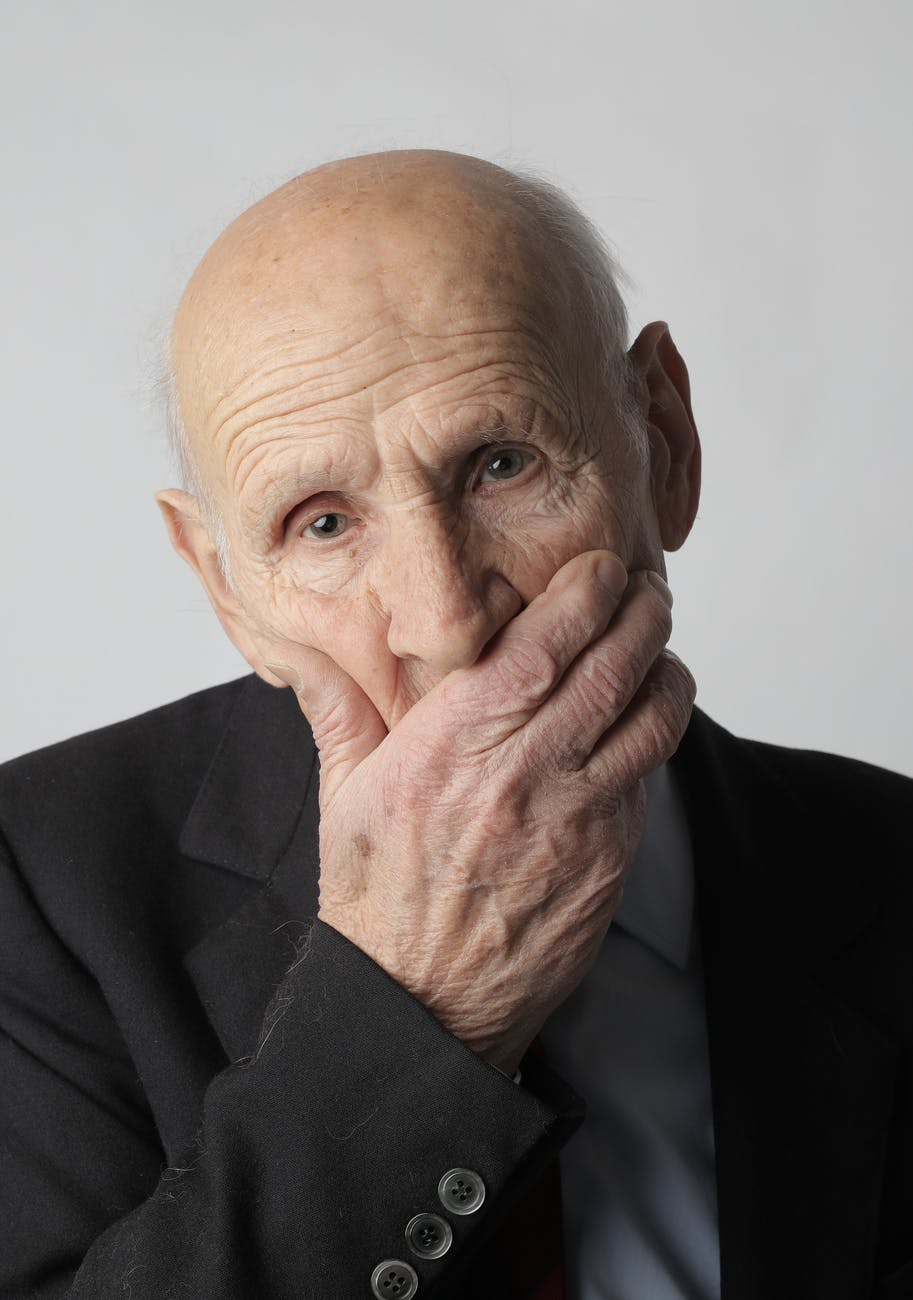Nursing Home Head Injury Lawsuits: What You Need to Know

Of all demographics, adults 65 and older are among those most likely to sustain a traumatic brain injury (TBI). What’s more, adults 75 and older have the highest rate of TBI-related hospitalizations and deaths.
Most of these incidents are entirely preventable. Head injuries among nursing home residents, for example, are often caused by neglect or abuse.
If your elderly loved one sustained a TBI that you think nursing home staff could have prevented, compensation may be available. Before you start building a claim, though, here’s what you should know:
-
You Must Gather Evidence of Liability
In order to build a strong case against the facility, you will have to prove how the duty of care owed to your loved one was breached. Nursing home staff have a duty to take reasonable steps to protect each resident’s safety. Should they fail to provide vulnerable seniors adequate attention or mobility aids, falls and serious head injuries could result.
Seniors can fall and sustain TBIs while:
- Navigating common areas around the nursing home;
- Getting in and out of bed;
- Bathing;
- Dressing; and
- Exercising
They can also suffer head injuries from physical abuse. Regardless of whether your loved one’s condition was the result of neglect or abuse, you will have to prove how the liable party was negligent or caused intentional harm.
Evidence that may be able to help includes:
- Surveillance footage;
- Deposition from other residents or their visitors;
- Photographs of hazardous living conditions;
- Nursing logs;
- The facility’s hiring practices; and
- The facility’s standard operating procedures.
-
You Must Gather Evidence of Damages
Because brain injuries are inherently complex, proving their severity can pose a challenge. Thankfully, medical records and deposition from neurologists and other medical experts can help. Your loved one’s primary care provider may also provide deposition regarding the nature of the TBI and its most likely prognosis.
As for proving economic damages, save all hospital bills and pharmacy receipts. If the victim ended up moving back home, your family may also be entitled to compensation for home and vehicle modifications and around-the-clock caregiving.
Because Florida allows for the recovery of non-economic damages, as well, be sure to keep notes about your loved one’s day-to-day experiences and wellbeing in a personal injury journal. Detailed entries will help demonstrate the extent of his or her pain and suffering, emotional distress, and loss of enjoyment in life.
-
You Must Meet Strict Deadlines
If the nursing home’s insurer disputes the facility’s liability or refuses to offer a fair settlement, you may have no choice but to file suit. Florida’s standard statute of limitations for personal injury lawsuits is four years. If your case involves wrongful death, however, you have just two years to file suit. Because there are several exceptions to these deadlines, though, it is advisable to consult an attorney as soon as possible.
Discuss Your Case with a Nursing Home Abuse Lawyer in Florida
If your loved one sustained a TBI while residing at a nursing home, contact Emerson Straw. We will conduct a thorough investigation into the incident and help you determine the most strategic way to proceed with your family’s claim. Call (727) 821-1500 or fill out our Contact Form to schedule a free consultation with a nursing home abuse attorney.
